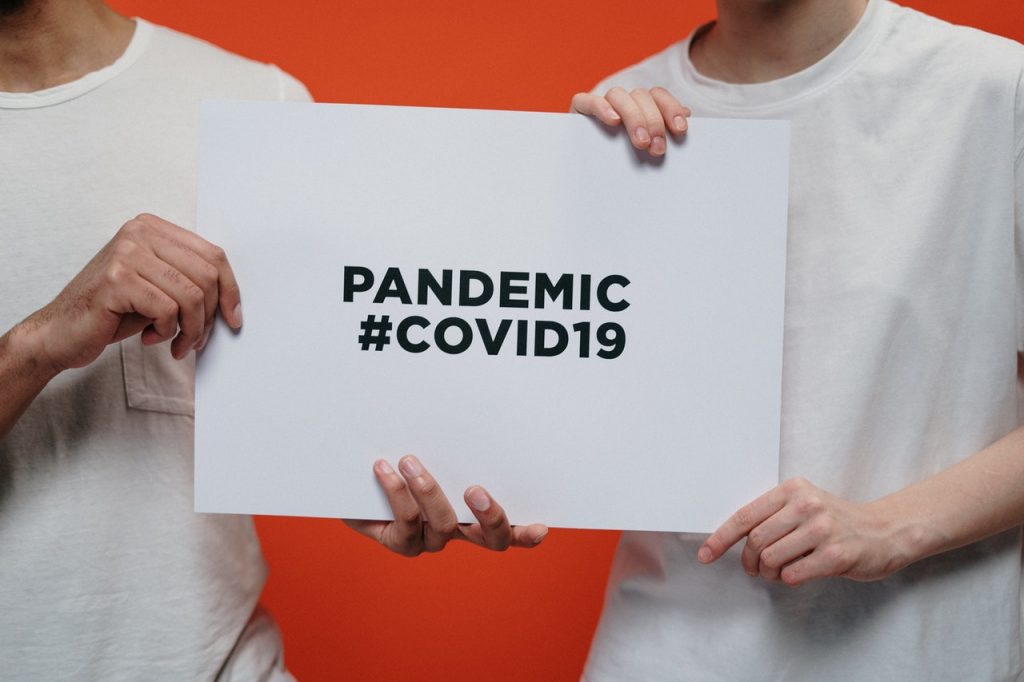Upcoming Conferences
Call for papers for the 1st “Coronavirus in global contexts” conference, 22-23 January 2023
Keynote Speaker: TBA
Abstract Due Date: 23 December 2022
RegisterThis conference brings together academics, lawyers, decision-makers, educators and practitioners from a wide variety of fields, for a collaborative, multidisciplinary exploration of the ways in which the pandemic has impacted global ways of working and governance. All abstracts are peer-reviewed. Themes and issues for the conference include, but are not limited to:
Stream A: Work and policy in the pandemic
The pandemic has shaped the work experiences of employees, supervisors, managers and decision-makers. We have new understandings of essential workers, roles, positions, workflow and pay. How have SMEs and large corporations handled lockdown, and what comes next? What is the future of online work? Can teleconferencing replace face-to-face interactions? How has the pandemic impacted hospitals, medical centres and clinics, as workplaces? How has it changed the business of medicine, and medical workers? The pandemic has also given rise to policy responses, in business and government. What have we learned about preparedness, timing, quarantine, lockdown, government functions and interference, global and regional cooperation, relations between the governments, universities and organisations who attempt to stay ahead of pandemic developments? How do policy-makers integrate action with scientific advice? How do we decide how testing, contact tracing, tracking apps, immunity passports, law, nationalised health services or private medical co-operations will be used? What is effective policing in a pandemic? What can be nudged, and what must be controlled? We welcome papers from a variety of global and civic contexts.
Stream B: Workplace communication in the pandemic
Many aspects of workplace communication were impacted and altered due to the pandemic, including cultural factors, motivation, relationships, leadership, complaints, and many more? How have organisations adapted to online and virtual communication? How were writing, listening and speaking affected, in specific working contexts? How do the changes feed back onto organisational planning, organizing, staffing, leading and controlling? We welcome experience narratives from people working in any role, in all organizations, as well as experience narratives from those working professionally, administratively or as clinicians and practitioners, in home and healthcare. What was the experience like? What were the problems? What were the communication issues? For more information on putting together an experience narrative, please see our FAQ.
Stream C: Social responses to the pandemic
One of the great challenges of the pandemic has been the great variety of social responses, ranging from displays of public gratitude for essential workers and healthcare workers, through clubbing and partying, weaponised coughing and spitting, artistic and musical works, lockdown protests, volunteering, media debates, inter-governmental stresses and international tensions, to conspiracy theories. What are the cultural differences which impact our responses to the pandemic? What do these reveal about the future course of the coronavirus? How to manage social fragmentation, and improve chances for a cohesive response? How we define progress or success? How we can effectively handle other large-scale social challenges? We welcome papers from a variety of global contexts.
Stream D: Data analytics and the pandemic
In order to find out how the pandemic is impacting business people and employees, as well as those working in hospitals and other medical contexts, governments, organisations and institutions, we are soliciting papers from academics, researchers, and the business and policy communities. These papers ask use structured interviews, and evaluate the data with content analysis software. Conference participants interested in cooperating with this effort will publish papers in a journal special issue with HEDRA advisory board members. If you are interested in this, please click here.
The conference welcomes abstracts from academics and researchers, business people, people working in interprofessional fields, and others. Participants will be able to watch a plenary session, and participate in a live-stream roundtable, and a conference roundtable discussions.
Register
